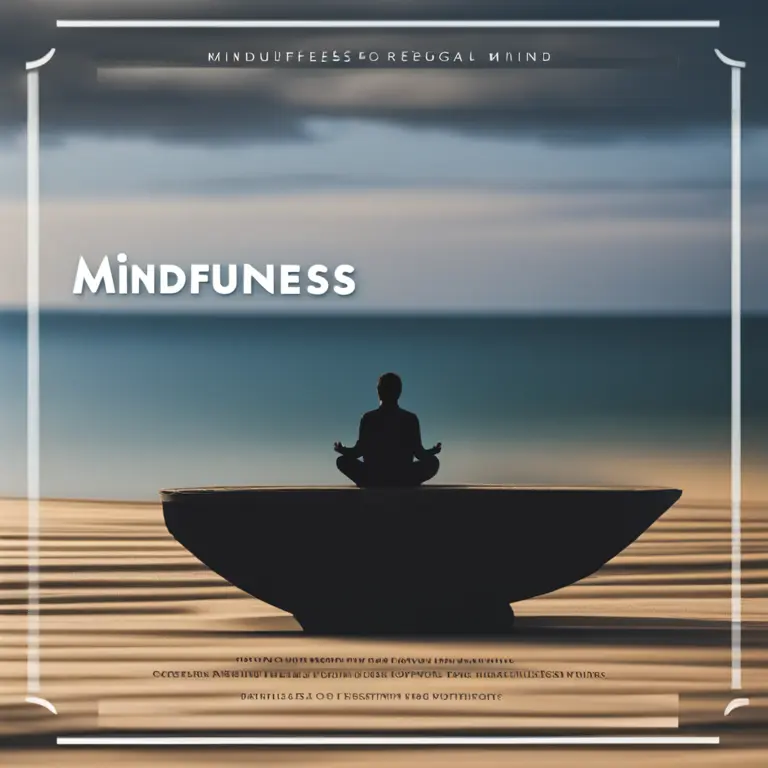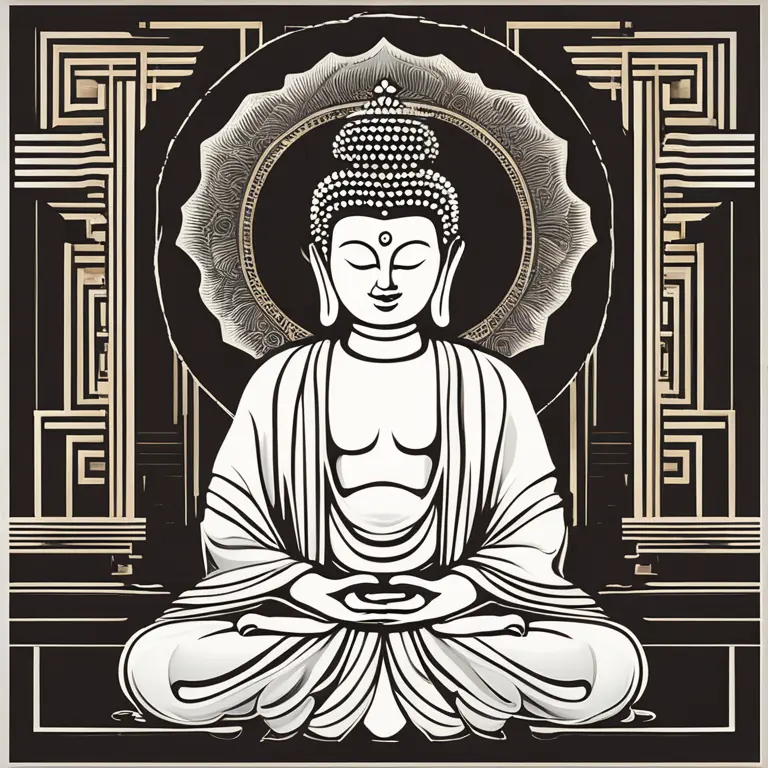
The Most Effective Meditation Techniques for Modern Living
Discover the best meditation techniques that align with contemporary lifestyles to enhance mental clarity, reduce stress, and foster wellness.
article by Hina Kurosawa
Meditation in the Digital Age
The search for tranquility in our fast-paced world has led many to embrace meditation, a practice deeply rooted in ancient traditions yet incredibly relevant for the stressors of modern life. In the era of endless notifications and ever-present screens, carving out time for peaceful introspection isn't just beneficial; it's necessary. Through meditation, individuals seek to improve focus, manage stress, and tap into a deeper sense of self-awareness. With various techniques to choose from, finding the most effective form of meditation is a personal journey, influenced by individual lifestyles and goals.

Understanding Mindfulness Meditation
Mindfulness meditation has surged in popularity, particularly for its application in stress reduction and its ease of integration into daily routines. By training the mind to be present and fully engaged with whatever we're doing, mindfulness can reduce the tendency to dwell on the past or worry about the future, offering a practical approach to managing our thoughts. This technique's effectiveness lies in its universality; mindfulness can be practiced at any moment, whether during a formal sitting session or while performing everyday tasks.

The Zen of Zazen
The ancient practice of Zazen, or seated meditation, is a core element of Zen Buddhism. Its simplicity and focus on deep breathing make it a powerful technique for cultivating discipline and insight. Practitioners are encouraged to adopt a comfortable yet stable posture, directing attention to the breath as it flows in and out. The effectiveness of Zazen lies in its capacity to still the mind, offering a refuge from the chaos of the external world and leading to a profound sense of peace.

Transcendental Meditation's Rising Tide
Transcendental Meditation (TM) has gained recognition for its potential to decrease anxiety and improve cognitive function. Characterized by the use of a personal mantra and practiced for 20 minutes twice a day, TM aims to transcend ordinary thinking and reach a state of pure consciousness. The level of structure and personalized nature of the mantra contribute to the technique's potent results, attracting individuals looking for a meditation practice backed by scientific research and measurable outcome.

Yoga Meditation: A Holistic Approach
Meditative practices within yoga traditions, such as Yogic meditation and Yoga Nidra, integrate physical postures, controlled breathing, and deep relaxation techniques. These practices not only benefit the body but also foster a meditative state of mind, leading to enhanced overall well-being. The effectiveness of yoga meditation can especially be seen in its holistic approach, addressing multiple dimensions of health and inviting a state of harmony between body and mind.
Customized Practices: Tailored Techniques
As meditation becomes increasingly mainstream, there's a greater understanding that one size does not fit all. Personalized meditation apps and guided sessions offer customizability, catering to individual preferences and schedules. These digital tools often use algorithms to adapt meditation experiences to the user's progress and goals, reflecting the intersection of ancient practice and modern technology. The growing field of technologically-assisted meditation points to its role in the effective integration of peace and mindfulness into 21st-century living.
Choosing Your Path
Selecting the most effective meditation technique is a personal endeavor, requiring a thoughtful assessment of one's own needs, goals, and preferences. It may involve trialing several methods before finding the right fit. Most importantly, consistency is key. The benefits of meditation amplify with regular practice, laying the foundation for a serene mind and a resilient spirit—qualities ever so essential in our contemporary era.
Published: 1/18/2024
Modified: 1/18/2024
More predictions
Come back here soon to learn more about yourself and your future



